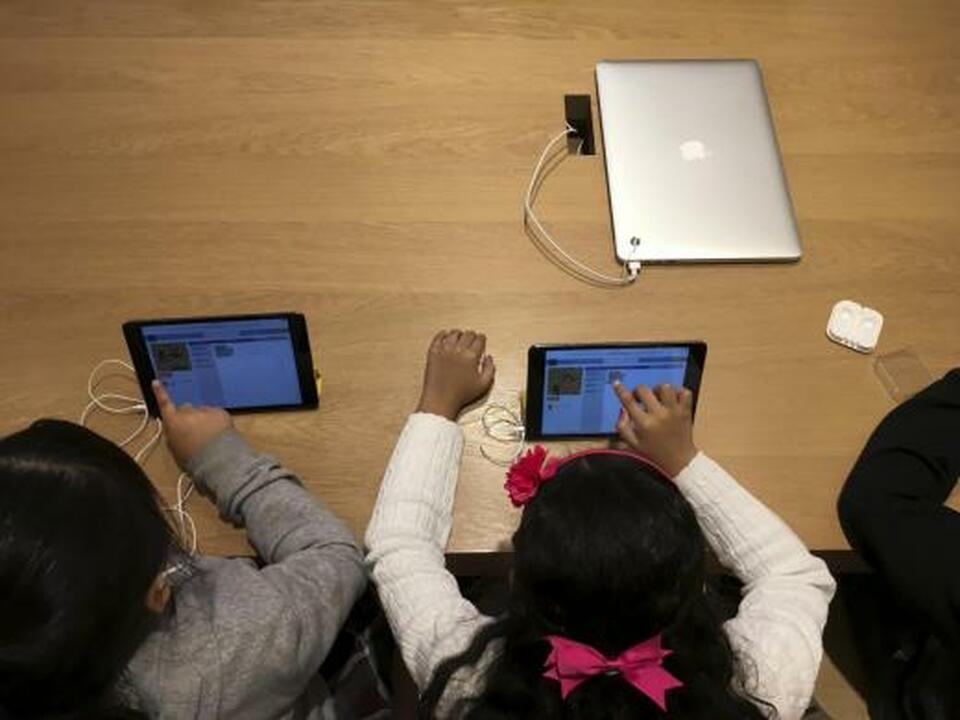Child Sex Abuse Rising With Internet Use in Southeast Asia
October 18, 2017 | 8:00 pm

Bangkok. Rising internet use in Southeast Asia is fueling the spread of material that is abusive and sexually exploitative of children, particularly as growing numbers of young people put footage of themselves online, an Australian police expert said on Tuesday (17/10).
Regional internet availability is about 50 percent, a recent study showed, but the figure rises to 58 percent in the Philippines, a hub for online sex abuse, while in Thailand, where the problem is growing, it reaches 67 percent.
"You will only see that that will increase," said Jon Rouse, a member of "Taskforce Argos," an Australian police unit that targets online child sex abuse networks.
"The big problem we’re seeing at the moment is the proliferation of self-produced material by children. It’s just killing us," added Rouse, referring to children livestreaming themselves, whether at the instigation of a sex offender or a friend.
"That material then gets used by sex offenders against them."
In a seven-day check on Bangkok, more than 3,600 individual internet addresses had been identified sharing child exploitation material, said Rouse, who was speaking on the sidelines of a conference in the Thai capital.
Demand for live streaming of child sex abuse is a growing problem in the Mekong region, the United Nations said in August, as it pointed to a shift in child sex webcam centers from the Philippines to Thailand.
In 2016, the UN children’s agency said poor families in the Philippines were pushing their children into performing live sex online for pedophiles around the world, in a form of child slavery.
Online child abuse was constantly evolving, said Neil Walsh, who heads the global cybercrime program of the United Nations Office on Drugs and Crime.
"If we say we are keeping it at bay we are probably not being honest with ourselves," he told Reuters.
Reuters
Tags: Keywords:POPULAR READS
President Jokowi Urges Global Restraint as Tensions Rise in the Middle East
President Joko "Jokowi" Widodo emphasized the importance of diplomatic efforts to prevent the escalation of conflict in the Middle EastKPK Identifies Sidoarjo Regent as Suspect in Corruption Probe
KPK has identified Ahmad Muhdlor Ali as a suspect in a corruption case involving the Sidoarjo Regional Tax Service AgencyEconomic Concerns Overshadow Security Worries for Indonesians in Iran
Indonesian citizens currently in Iran are more concerned about rising inflation than the security situation in the country.'Siksa Kubur' Review: Indonesian Horror with Solid First Act
The beginning part of "Siksa Kubur" is incredibly solid across many fields, including the visual storytelling.IDX Slides 2 Percent as Geopolitical Conflict Rattles Market Confidence
The IDX attributed the subdued performance of the index at the start of the week to the escalating geopolitical tensions in the Middle EastPopular Tag
Most Popular






















